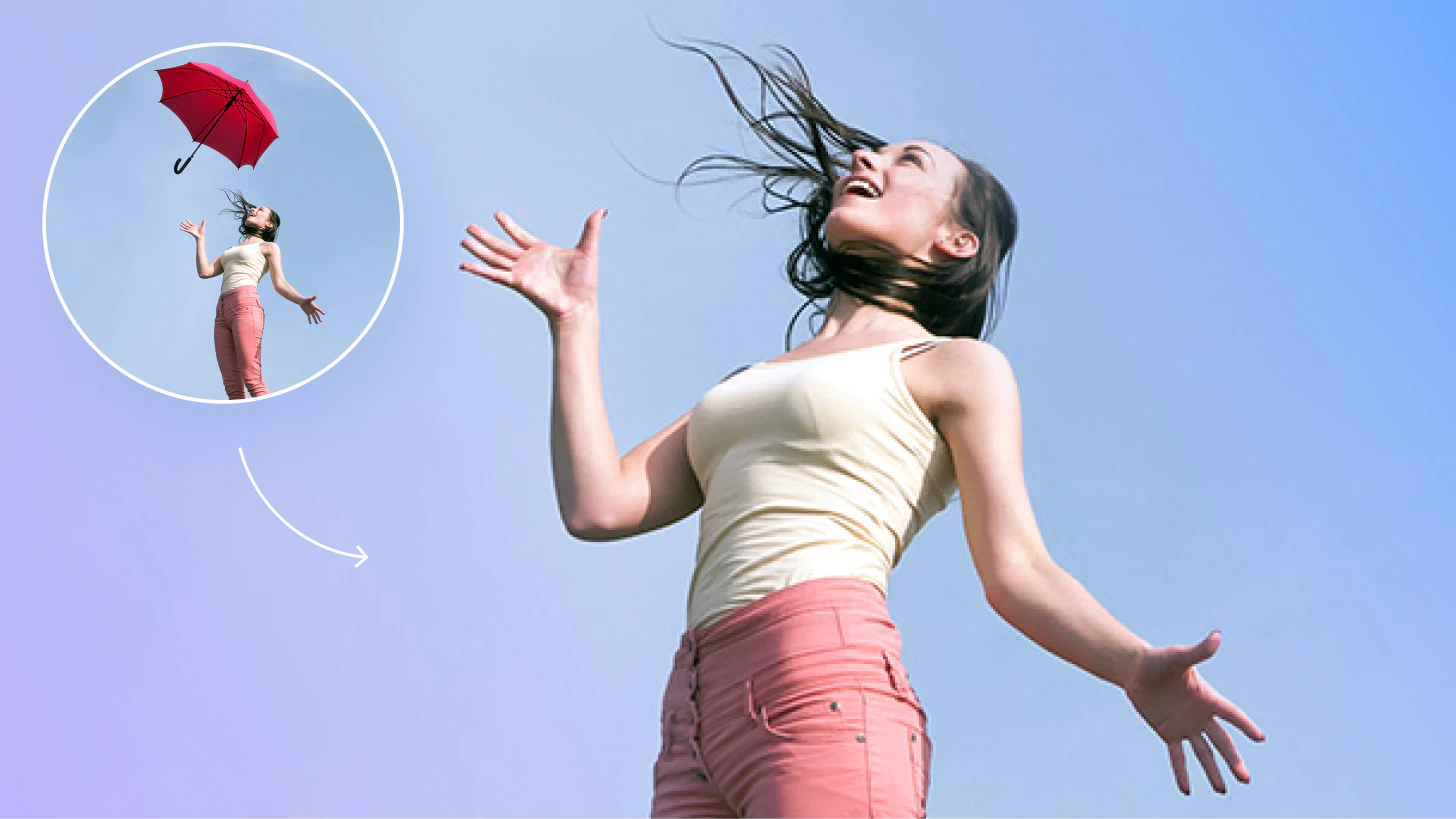How to write the ideal AI image prompt
How to make sure you're not just muttering gibberish and actually writing something that works.

Diving into the world of AI photo generation is almost like stepping into a magic show: it's full of surprises, endless possibilities, and there is a bit of mystery on how it all works. But here's the kicker – the magic wand in this realm is in your AI image prompt. So, how do you make sure you're not just muttering gibberish and actually writing something that works? Let’s take a deeper look at how to write prompts effectively for the AI image generator, exploring prompt ideas and examples along the way.
Writing a prompt
First off, when writing AI image prompts, imagine you're telling a really vivid story to a friend. You wouldn't just say, "Imagine a house." You'd go all in, describing the crumbling bricks, the ivy embracing its walls, and the mysterious glow of light from within. That's how you should approach your prompts. Specificity is your best friend here. It's like giving the AI a treasure map with a big, fat X on it.
The more details you include, the closer the treasure.

Adding extra detail
You need to sprinkle a little mood magic into your story.
Now, don't forget, when creating an AI picture prompt, you need to sprinkle a little mood magic into your story. Painting a picture is great, but what about the vibe? If your house is supposed to give off spooky, sexy, or ancient library, say so. It's like setting the stage for a play. The props are important, but so are the lighting, the music, and the ambiance. This tells the AI not just what to create, but how to feel about it, which can make a world of difference in the final masterpiece. This approach enriches the AI-generated image from the prompt, imbuing it with a deeper sense of atmosphere and context.
Styles and references
Reference other artworks or styles you love
Another neat trick? To get a really good AI generated image, reference other artworks or styles you love. Say you want something that screams Van Gogh's "Starry Night" but with a twist – maybe it's set in a futuristic city? This gives the AI a style to mimic while working in your unique elements, merging classic with futuristic, familiar with the novel.

Not too much detail
But hey, sometimes it is best not to get too carried away with the details. Sometimes, you gotta leave a bit of wiggle room for the AI to surprise you. Specify what you need, but let the AI riff a little with. You might end up with something even cooler than you imagined.
If at first, you don’t succeed, try again
Lastly, remember, this is a game of trial and error. Your first prompt, or AI prompt image result, might not be perfect, and that's totally okay. It's all about tweaking, playing around, and seeing what sticks.
So there you have it, your guide to becoming an AI picture prompt wizard. Keep it detailed, set the mood, throw in some references, balance your specifics with a touch of freedom, and don't be afraid to experiment with prompt ideas and examples. Now go forth, conjure, and create!

 Tutorials
TutorialsProfessional headshots: Dos and don'ts
Master the art of professional headshots! From natural makeup to AI-powered transformations, discover the dos and don'ts for picture-perfect results.
 Tutorials
TutorialsHow to remove objects with Photoleap
Edit photos easily with Photoleap: Remove objects or people with a swipe.
 Tutorials
TutorialsHow to use AI coloring to restore old family photos
Dive into the past with a burst of color! See your black & white memories come alive with Photoleap.










.svg)
